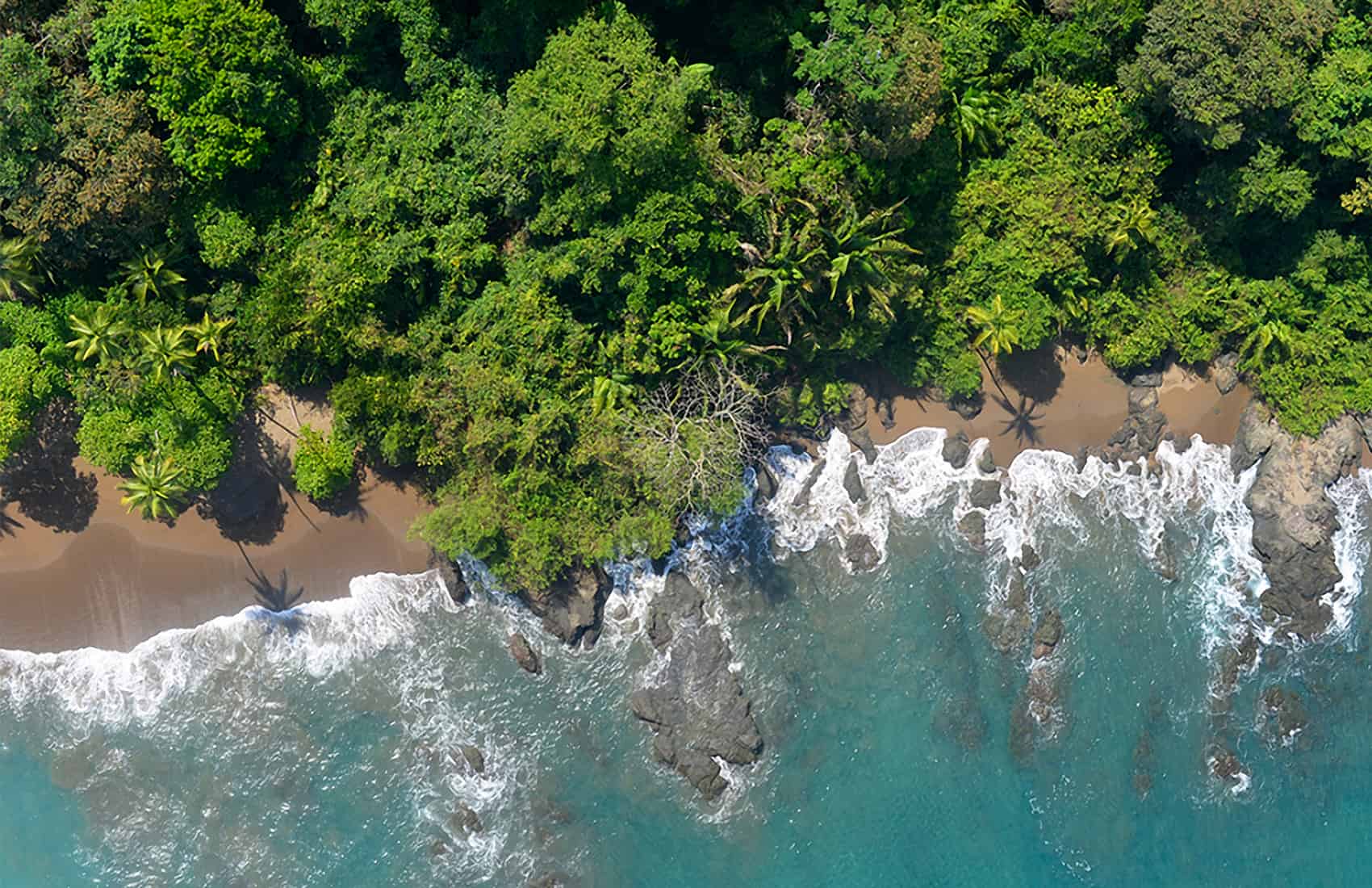Corcovado National Park has a unique biodiversity, which must be protected. Therefore, the Osa neighbors expressed their concern over the decision the Osa Conservation Area (ACOSA) made to double the daily access to the Sirena Station in Corcovado National Park, as revealed by the Costa Rican media outlet Delfino.
The maximum daily visitation to this area of the park increased from 120 people to 240, distributed in two shifts at 7:00 and 10:00 a.m. The measure was implemented by ACOSA because Corcovado is a protected wilderness area recognized in our country and in the world thanks to its biological intensity, which makes it a special site for attracting tourism.
The local community also denounced neglect of the Los Patos and La Leona areas and an increase in the use of the area as a transit point for drug trafficking. Neighbors have reported crowds of tourists at the park entrance, limited water access, and mass visitation in an area with vast and delicate wildlife.
The National Park is home to several vulnerable species. They also pointed out that the decision was taken after a series of workshops with the park’s stakeholders but did not include experts, public institutions, or researchers.
In addition, locals believe there is no environmental technical basis to justify the increase in capacity, and there have been no studies conducted on the protected area to demonstrate its impact.
According to Carlos Eduardo Castro Rojas, legal representative of the company Ecoturístico La Tarde to Mena Corea and CONAC, and who lives in Puerto Límenes, this increase in visits reduced the opportunities for visitors to explore other local projects on the Osa Peninsula while waiting to enter the Sirena sector, affecting the entire rural tourism sector of the Osa Peninsula. “
Visitors do not need to stay overnight in the Osa because in one day they can visit Corcovado and leave the Peninsula without consuming more than the services related to the visit to Corcovado National Park,” he said.
However, there are some hotel owners who are thrilled as this increasae represents more income, but smaller businesses are suffering.
The greatest risk is that Corcovado will become a destination for mass tourism, which would threaten the flora and fauna of one of the world’s most biodiverse and fragile ecosystems.









